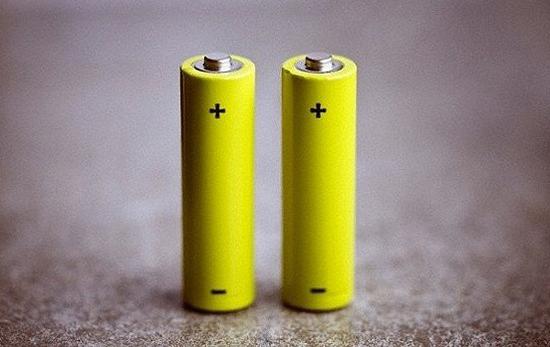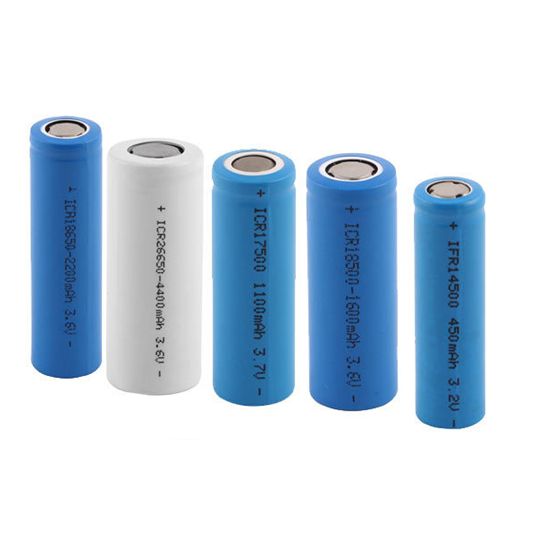NiMH Charger Lithium Batteries-Charging Methods
Mar 02, 2020 Pageview:6747
As battery-powered electronic applications are becoming more and more powerful and common, there is a need for battery charger designs that are easily adaptable. Utilizing standard mechanism, battery charger designs can be prepared simultaneously more cost-effective and flexible. Many different battery technologies and chemistries are utilized for rechargeable portable devices, which include Lithium-ion, Nickel Metal Hydride, Lead Acid batteries, and Nickel Cadmium.
In this article, we’re going to highlight the two most popular battery chemistries, which are Li-ion and NiMH. Well, lithium rechargeable batteries are known to have the highest energy density in comparison to all other battery types, which make them the most portable. On the other hand, NIMH batteries are well-known as they are environmentally friendly and safe.
It’s worth mentioning here that it’s highly possible to come up with a mixed-signal and universal battery charger that could charge both of these cells. However, if you’re curious to know whether you can charge Li-ion using NiMH charger, then you’ve come to the right place.
Are NiMH and lithium batteries interchangeable?
The answer to your question, “are NiMH and lithium batteries interchangeable” is that it depends largely on the particular device you are using. However, in most situations, you cannot. The shape, voltage, and size of lithium-ion batteries and NiMH batteries are different and that’s why they’re not interchangeable.
Well, it’s worth mentioning here that some manufactures have designed some of their devices in a way that enables the devices to work with either lithium-ion or NiMH batteries. If your device can utilize different types of batteries, then the User’s Manual should specify it.
Can you charge lithium batteries with NiMH charger?
As mentioned before, Li-ion and NiMH batteries are well-known rechargeable batteries. Even though utilized in similar applications like laptops and cameras, they have different characteristics and chemistry.
Li-ion batteries offer three times more power for their size and weight in comparison to NiMH batteries. In addition, Li-ion batteries work at higher voltages in comparison to NiMH batteries. When it comes to chargers, both batteries require sophisticated chargers. However, they contain extremely different electronics. Lithium-ion chargers are designed in a way so that they are able to monitor the charging rate and reduce the power if an issue is detected. Not to mention, every make of lithium rechargeable batteries is different, and thus, chargers deliver variable voltages, charging times and currents. Failing to utilize the correct settings can be problematic.
On the other hand, NiMH chargers don’t come with safety features that are essential for lithium-ion batteries. Considering these aspects, charging Li-ion batteries with NiMH chargers are not recommended. In other words, you should use Li-ion chargers to charge your Li-ion batteries. Using another charger like NiMH chargers may lead to overheated cells, chemical fires as well as explosions. Well, it’s no secret that many people use NiMH chargers or another charger to charge their Li-ion batteries. But, they are taking a huge risk in doing so. Even so, they didn’t experience any hazardous situation; it doesn’t mean that it couldn’t happen.
The answer to your question, “Can you charge lithium batteries with NiMH charger” is YES, but not recommended.
What should you know about the battery charger?
Let’s now explore things you should aware of about battery chargers.
A good charger offers the base for durable and well-performing batteries. In today’s price-competitive market, chargers generally get low priority. The charger and battery must go hand. Most of us generally not fully aware of the complicated power need of a portable device and the requirement to charge under severe conditions.
Chargers are categorized into industrial and personal, slow, fast, ultra-fast types or it could be more. Consumer applications include a low-cost personal charger, which performs well if used as specified. On the other hand, the industrial charger is generally made by a 3rd-party and contains special traits like charging at undesirable temperatures. Even though batteries work below freezing, not all technologies can be charged when freezing and most lithium-ion batteries come under this category.
The most basic charger, an overnight charger is also called a slow charger. Slow chargers include no full-charge detection and the charge remained engages and a complete charge of a battery takes 14 to 16 hours. There is also the availability of fast chargers on the market and they offer several benefits and the most popular one is shorter charger times. Now, let’s talk about the ultra-fast charger that has a high demand on the market with an electric vehicle.
That’s all on the basic information on the type of battery chargers available out there.
Let’s now explore the basic guidelines on using chargers:
Use the right charger for the proposed battery chemistry. Not to mention, most chargers serve only one chemistry.
It’s recommended that you should charge at a moderate rate. Li-ion batteries can’t be charged below freezing.
Ultra-fast charging leads to undue stress even if the cell can take it.
Don’t apply a fast charge when the battery is hot or cold.
Observe battery temperature when you are about to use a low-cost charger.
The battery Ah rating can be different marginally than mentioned. Charging a battery that’s large will take a little bit longer in comparison to a smaller pack and vice-versa. Don’t charge if the Ah rating varies too much (<25%).
Some Final Words:
That’s everything you should know about battery chargers. Well, it’s worth mentioning that chargers are usually recognized by their charging speed. What type of charger you should pick? As mentioned before, and considering everything discussed here, it is clear that it largely depends on the application you’re using for it. Not to mention, you should charge the battery as directed.
Hopefully, you now got the answers to all of your doubts. When it comes to battery world, there’s a lot more to say. But, here we have covered everything to get started with battery chargers. In short, all we want to say that use the charger that’s intended for your application or device.
- Prev Article: Lithium Vanadium Phosphate Battery-Definition and Performance
- Next Article: Lithium Batteries Explode On Plane-Risks and Solutions
Leave Message
Hottest Categories
-
Hottest Industry News
-
Latest Industry News












